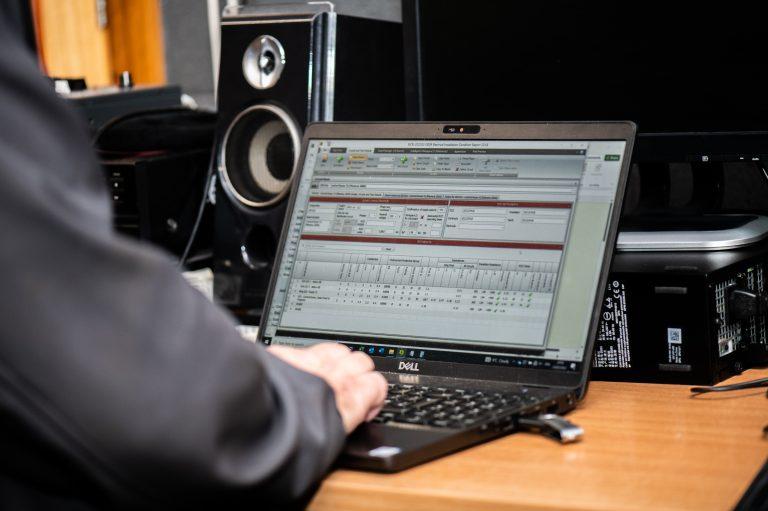As your Electrical Installation deteriorates over time. What does the law say about Periodic Testing and Inspection?
Electrical installations will deteriorate over time. The rate of deterioration will depend upon the frequency of use, the working environment and the maintenance schedule. To ensure the safety of your employees and customers it is important to test your electrical installations at appropriate intervals as part of a preventative maintenance programme. Not only does it protect people from danger, it also safeguards your organisation when it comes to the insurance of the site by demonstrating compliance with relevant workplace regulations.
What are Legal Requirements for Testing?
We are frequently asked by our clients about the laws regarding electrical inspection and testing. Whilst there is no specific electrical testing law, there are a number of laws covering Health & Safety in the Workplace, and the easiest way to comply with these laws is to ensure a qualified person has approved your electrical circuits and equipment on an appropriate frequency.
The Electricity at Work Regulations 1989
“As may be necessary to prevent danger, all systems shall be maintained so as to prevent, so far as is reasonable practicable, such danger”. These regulations specify what constitutes electrical equipment and places an obligation on duty holders to safely maintain electrical systems in the workplace. Regular inspection is an essential part of any preventative maintenance programme.
The Health and Safety at Work Act 1974
This Act requires employers and employees to ensure the health and safety of everyone in the work premises (including visitors, contractors and the general public, where applicable).
The Management of Health and Safety Work Regulations 1999
This puts the onus on the employer to perform adequate risk assessments to ensure the lowest level of danger for employees and ensure the safety of the workplace as far as is possible.
The Provision and Use of Work Equipment Regulations 1998
This law requires the employer to ensure the safety of any equipment used by employers (including fixed, portable and transportable equipment) that relies on an electrical energy source.
British Standard BS 7671: 2015 Amendment 3 (IET Wiring Regulations) – BS 7671 (the IET Wiring Regulations)
These are the current standards for electrical installation in the UK and many other countries (due to be updated 2018). The IET co-publishes the Regulations with the British Standards Institution (BSI) and is the authority on electrical installation.
Not Sure What You Need?Contact Intersafe
What about Insurance?
Increasingly, commercial insurers are insisting that inspection and testing be carried out on a regular basis. If an avoidable accident or a fire occurs where electricity is suspected to have been the cause, then if found guilty, you will be deemed to have committed a criminal offence. Insurers will not pay fines or compensation suffered resulting from a criminal offence. They may also cite negligence on your part, failing to comply with regulations.
Make sure you keep electrical test reports and certificates safe, so if electrical fault does cause injury or damage, you can prove you had done everything to prevent it.
Electrical Installation Condition Reports (EICR)
Inspection and testing by a qualified contractor will establish if an installation is safe for users. You will receive a copy of the Electrical Installation Condition Report (EICR) produced from the testing which will inform you about the overall condition of the electrics. Any faults are coded based on the risk of danger associated with them.
Some faults may require immediate attention, whilst others might be recommendations to improve your installation. Even if the testing is passed, you may still need to undertake some remedial repairs to improve your installations.
Intersafe specialise in Fixed Wire Testing, Portable Appliance Testing , Emergency Light Testing and Thermal Imaging. As well as testing, Intersafe can complete remedial repairs to ensure your installation is satisfactory.
If you have any questions or simply would like to book a free of charge site survey, please contact our team by calling 02380 236200 or email info@intersafe.co.uk.




